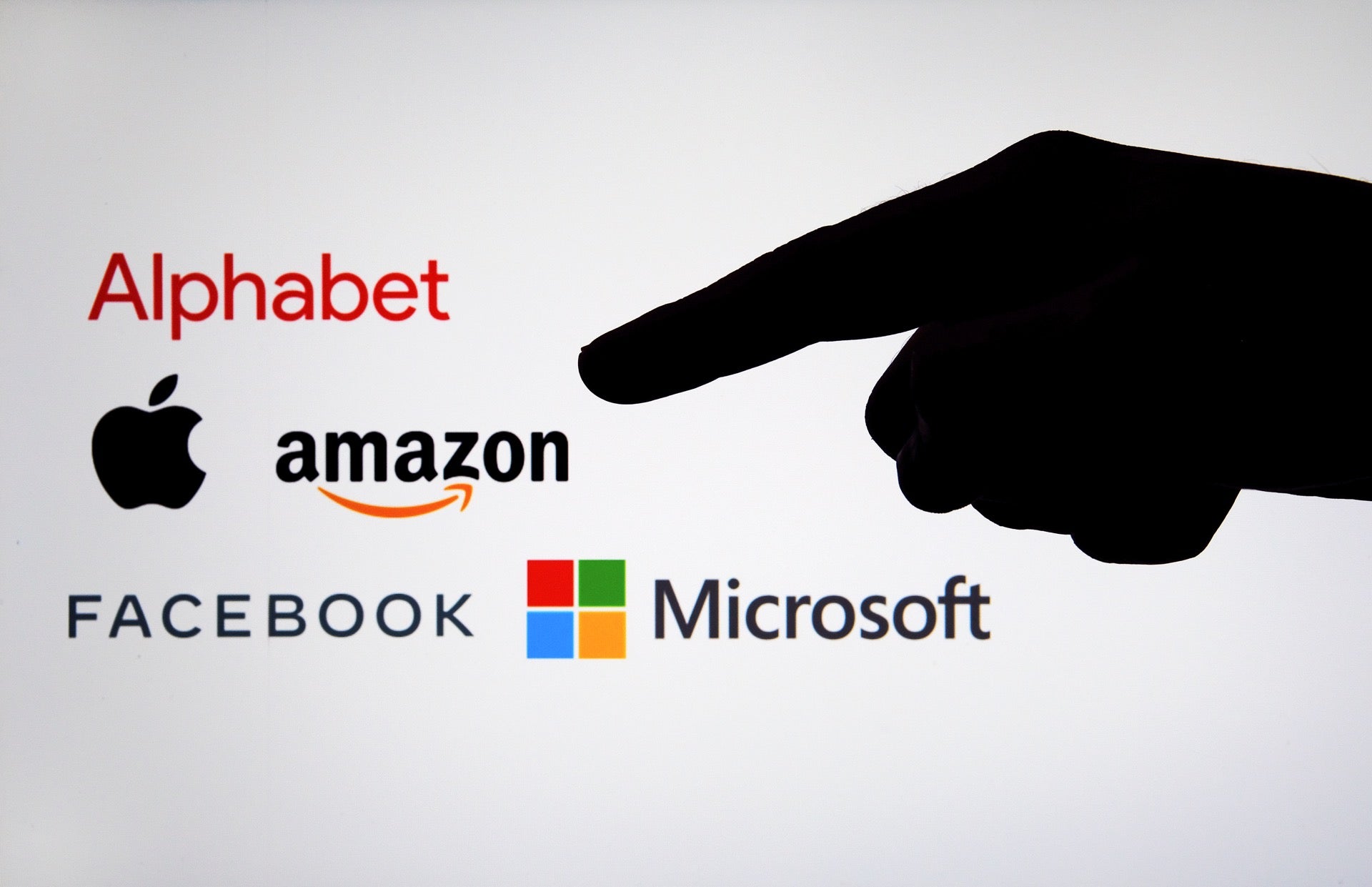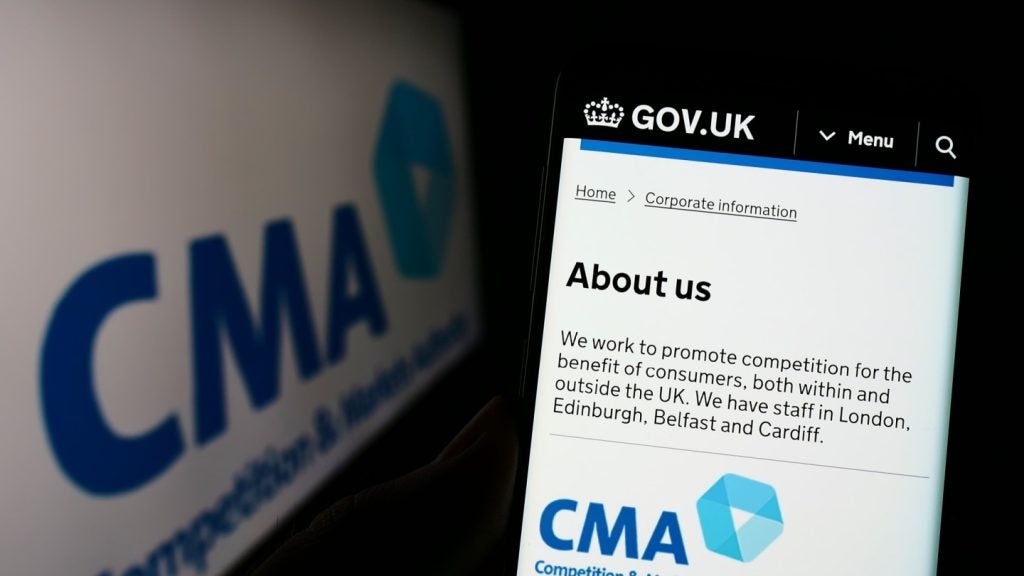
US politicians have taken their anti-Big Tech agenda up a notch by introducing four new antitrust bills to break up Silicon Valley monopolies and create a fairer market.
On Friday, the House Antitrust Subcommittee announced several bipartisan legislation proposals to prevent massive companies like Facebook, Amazon, Apple and Alphabet from using their dominant market position to further choke competition.
The Big Tech bills will also enable regulators to break up tech behemoths if they become too powerful.
“From Amazon and Facebook to Google and Apple, it is clear that these unregulated tech giants have become too big to care and too powerful to ever put people over profits,” said Pramila Jayapa, vice chair of the House Antitrust Subcommittee and Democratic congresswoman for Washington’s seventh district.
“By reasserting the power of Congress, our landmark bipartisan bills rein in anti-competitive behaviour, prevent monopolistic practices, and restore fairness and competition while finally levelling the playing field and allowing innovation to thrive.”
Jayapal, whose Twitter feed also features memes about taxing the US super-rich, co-sponsored the Ending Platform Monopolies Act with Lance Gooden, the Republican representative for Texas’ fifth congressional district.
How well do you really know your competitors?
Access the most comprehensive Company Profiles on the market, powered by GlobalData. Save hours of research. Gain competitive edge.

Thank you!
Your download email will arrive shortly
Not ready to buy yet? Download a free sample
We are confident about the unique quality of our Company Profiles. However, we want you to make the most beneficial decision for your business, so we offer a free sample that you can download by submitting the below form
By GlobalDataThe bill is designed to ensure Big Tech firms don’t leverage their control across multiple business lines to self-preference and disadvantage competitors.
It would actively prohibit Big Tech from competing with businesses on their own platforms, potentially setting the scene to break up massive Silicon Valley firms.
Similarly, the Platform Competition and Opportunity Act prohibits acquisitions of competitive threats by dominant platforms, as well acquisitions that expand or entrench the market power of online platforms.
There are already laws in place to some extent for this. For instance, payment processing giant Visa‘s $5.3bn acquisition of Plaid was stopped after the US Department of Justice put an end to it last year, citing antitrust concerns that Visa would use its dominance to “eliminate a nascent competitive threat” to its own business.
The American Innovation and Choice Online Act to prohibit discriminatory conduct by dominant platforms, including a ban on self-preferencing and picking winners and losers online.
The Merger Filing Fee Modernization Act would also provide additional financial muscles to the Department of Justice and Federal Trade Commission to more aggressively enforce the antitrust laws.
The four bills added to the Augmenting Compatibility and Competition by Enabling Service Switching (ACCESS) Act introduced in October 2019
The new bills come after US lawmakers have increasingly questioned dominance in various markets over the past year.
Following the insurrection on Capitol Hill on 6 January, the Senate has also questioned social media platforms about their role in the riot.
Conservative politicians also questioned what they saw as a silencing of Trump-backing voices on these platforms. Republican members of congress backed the new legislative proposals with similar arguments.
“Big tech has routinely suppressed conservative voices and violated consumers’ privacy,” said Gooden. “We must rein in their destructive behaviour and preserve the constitutional rights of all Americans.”
Verdict requested comments from Amazon, Facebook and Apple, but all failed to respond before publication of this story. Google declined to comment.







